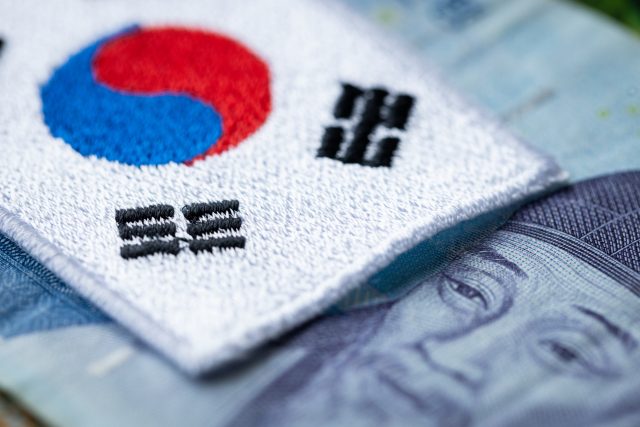Korea ‘splurge purchasing’ is on premium alcohol, report finds
Korea ranked fourth in terms of monthly splurge purchasing among 20 major countries worldwide, with the majority of spending centred around premium alcoholic beverages, a new Deloitte report has found.

Koreans spend a monthly average of US$59 on splurge purchases, according to the Deloitte Consumer Signals Link Index released by Deloitte Korea on Thursday. Korea’s monthly splurging was well above the average across the 20 countries surveyed, with the average falling at US$41.
The report showed that such conspicuous consumption in the food and beverage sector is about three to four times higher compared to spending on household items.
Approximately a third (31%) of Koreans’ monthly splurging is on food and beverages, including premium alcoholic beverages, while another 29% is spent on clothing and accessories and another 10% on self-care.
Partner Content
Emotional comfort (15%) and practicality (15%) were the most cited reasons for splurge spending, followed by hobbies (13%).
Deloitte analysed the factors influencing consumer purchasing priorities and behaviours through survey and interview results from about 1,000 adult consumers in 20 countries in North and South America, the Asia-Pacific and Europe, including the US, Canada, UK, France, Japan and China.
China ranked highest among the surveyed 20 countries with US$143, followed by the United Arab Emirates at US$127 and Saudi Arabia’s US$121 in average monthly splurging. Both Germany and France followed Korea at US$53. The US ranked 15th place, with a monthly average of US$35.
Future outlook
Korean consumers have been experiencing significant economic stress this year, according to Deloitte’s findings. The country experienced a drop in the Consumer Financial Well-Being Index, a consumer self-assessment of financial soundness and future stability based on April 2020 as 100 points. The index for Korea fell to 90.6 in May this year, according to The Korea Times. The general economic outlook among Koreans on their personal finances turned negative, compared to the global average, which showed a slight increase to 102.8.
Related news
Strong peak trading to boost Naked Wines' year profitability




